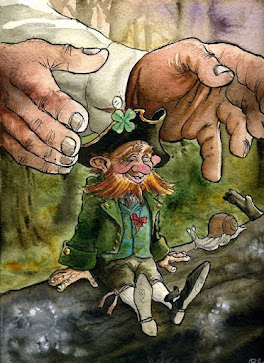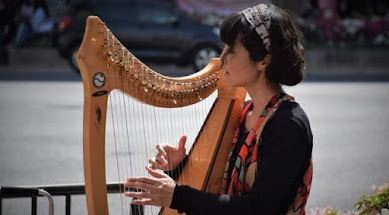The role of Saint Patrick's Day in Irish history
Both a religious event and a representation of Irish identity and culture, Saint Patrick's Day has been significant in Irish history. The occasion celebrates Saint Patrick, the nation of Ireland's patron saint, who is credited with bringing Christianity to the island in the fifth century.
Initially, only the Catholic Church in Ireland observed Saint Patrick's Day as a religious festival. Yet as time went on, it developed into a significant cultural event that was embraced by people from all walks of life.
Saint Patrick's Day evolved into a representation of Irish identity and resistance during the time of British control in Ireland. The holiday was utilized by Irish nationalists to support the Irish independence movement and promote Irish culture. The Irish Republican Brotherhood, a nationalist group that pushed for Irish independence, hosted the first Saint Patrick's Day parade in Dublin in 1903, for instance.
Saint Patrick's Day remained a representation of Irish identity and resistance in the years that followed. For instance, the Irish tricolor flag was flown over the General Post Office in Dublin during the Easter Rising of 1916, and it was accompanied by the Irish proclamation of independence, which was also read aloud on the building's steps. The proclamation emphasized Saint Patrick's Day's relevance to the Irish independence fight by referencing his place in Irish history.
Saint Patrick's Day has remained a significant national holiday in Ireland ever since it became independent. Today, it is observed as a national holiday, and celebrations include parades, concerts, and other events across the nation. Many other countries throughout the world also observe the holiday, especially those with sizable Irish populations, such the United States and Canada.
In conclusion, Saint Patrick's Day has been significant in Irish history as a religious festival and as a representation of Irish national identity and culture. It has been used to support the Irish independence cause and to promote Irish culture, and it is still a significant holiday in Ireland and around the globe.






Comments
Post a Comment